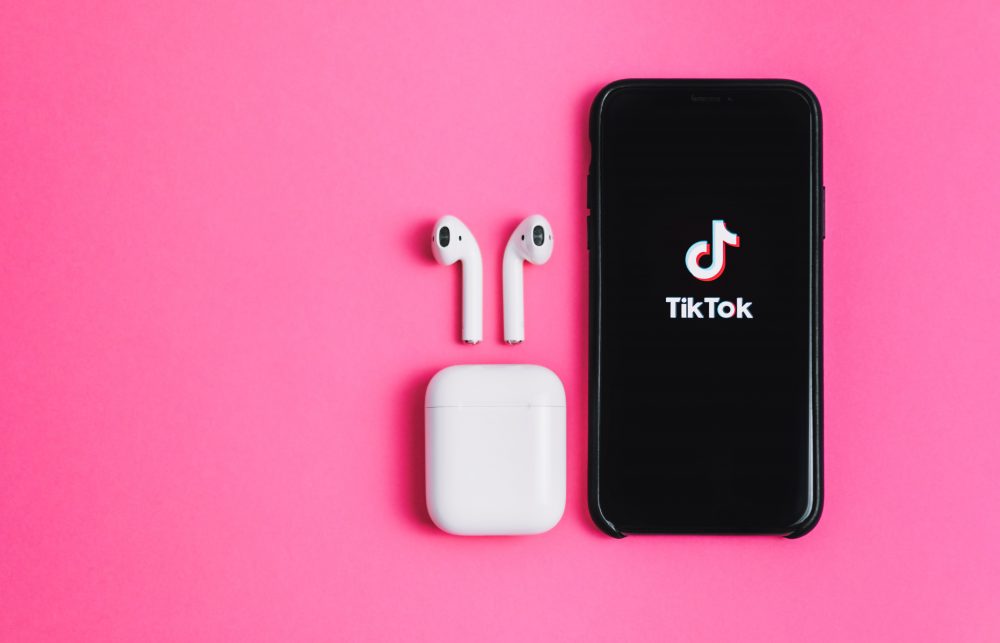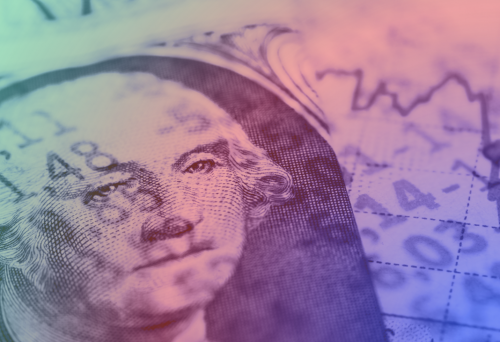TikTok challenges encourage play, art museums get in on the fun, and brands play with logos.
TikTok Ban In The US
TikTok become a hot topic in the news cycle this year following President Trump’s efforts to ban the app in the United States. The US government pursued legal action with the claim that the app was a risk to data security. Horizon Media wanted to understand – does the public want the app banned too, or was this purely a bureaucratic action?
The majority of people—including TikTok users—have low enough confidence in TikTok’s ownership to support a U.S. ban on the app. 76% of people support a TikTok ban in some form: 23% no matter who owns it, and 53% if owned by a foreign company. Surprisingly, the majority of frequent TikTok users agree (61%). However, people’s online conversations show that there is more to the story, and the potential ban has many worried about what’s to come: 60% believe that if the ban goes through, it’s the first step towards banning other things they care about even more. But high trust in Microsoft presents an opportunity for the company to swoop in and save the day.
Currently, most users (62%) simply don’t trust TikTok to secure their data, and TikTok is the least trustworthy among social media apps (compared to Facebook, Twitter, Instagram, Snapchat). Chief among the issues is a distrust in a country like China, who has reportedly hacked the US in the past, to protect user data (80%) and a belief that TikTok should be owned by a U.S. company—like Microsoft (63%; 72% among 18-34 year-olds).
Despite claimed support for the ban, Americans don’t believe that Trump is pushing for the ban for the right reasons. They cite selfish ones—53% say he wants the ban because people make fun of him on TikTok—as well as bigger picture reasons: 74% believe there are much more important issues he should be focused on, 51% say he wants to limit free speech, as well as the aforementioned precedent it will set for future bans. Microsoft’s purchase could help assuage these fears highlighted in online conversation, from Twitter:
- “They say Trump is banning TikTok because people are using it to make fun of him. He’ll also need to ban eye rolls, middle fingers, and the word ‘orangepotamus’”
- “Woke up to Trump banning TikTok…if only he cared about innocent Black people being killed instead”
- “Y’all ever think about how Trump could’ve used executive order to, I don’t know, help the country? Require masks? Try and slow Covid? Interesting”
- “Whether you find TikTok annoying or stupid or whatever, silencing the press because you can’t control the message is one of the first steps of Fascism”
- “The government banning TikTok is clearly censorship which goes against our first amendment right to free speech, but go off Trump”
In fact, Trump’s attack on TikTok has had the opposite of his intended effect: 60% of current users say TikTok being in the news has increased their desire to use the app and an additional 9% of non-users say it inspires them to try the app–another point in the pro column for a company like Microsoft to take advantage of. Additionally, online conversation spiked amid reports of Trump’s intentions to ban TikTok on July 31st, and conversation volume has stayed elevated as compared to the weeks prior.

The TikTok ban would be a big loss for brands and advertisers, especially those who want to connect with people under age 35: the app is viewed as a great place for brands to advertise (59% of 18-34 year-olds), association with the app gives street cred (34% of 18-34 year-olds say it makes a brand cooler), increases likelihood they will buy from a brand on the app (34% of 18-34 year-olds), and it’s a source of brand connection (30% of 18-34 year-olds) and discovery (31% of 18-34 year-olds) that would be lost.
An American company has a lot to gain from the purchase of TikTok: get credit for app improvements that can extend goodwill to the ownership brand (55% say TikTok will be improved if owned by a US company), help ease security concerns (39% would feel safer using it), and potential for increased revenue on top of what’s expected (32% would use it more/start using it if owned by a US company). All of these beliefs are heightened among current users, as well as people aged 18-34.
Microsoft could experience all that success if the purchase goes through. The brand is already one of the most trusted in terms of data security (80%, on par with Netflix) and could bring the reassurance users—and potential holdouts—need. Microsoft even has a built-in case to make to TikTok advertisers: 29% of people say they would be prouder to use brands who advertise on it if it was owned by a US company. Online conversation about Microsoft’s potential purchase highlights peoples’ hope that Microsoft will save TikTok, though some do acknowledge that a new owner does not necessarily mean that all surveillance is over. And people have confidence in Microsoft to win out: 25% believe a Microsoft purchase is the most likely outcome vs. just 7% who think a Twitter purchase is, or the small group who believe an outright ban will happen on Trump’s timeline.
Brands who are already tapping into TikTok may not need to worry about negative consequences of the potential ban, and in fact, it may be a good time for brands who want to reach younger consumers to dip their toe in if they haven’t used, or advertised on, TikTok already. The potential purchase by a US company seems to only bring more upside, so TikTok advertisers—and potential advertisers—should keep an eye on the quickly-evolving situation.
Source: Horizon Media, Finger on the Pulse. Survey fielded 8/12/20 – 8/17/20, n=928; Netbase: 7/14/20-8/17/20




